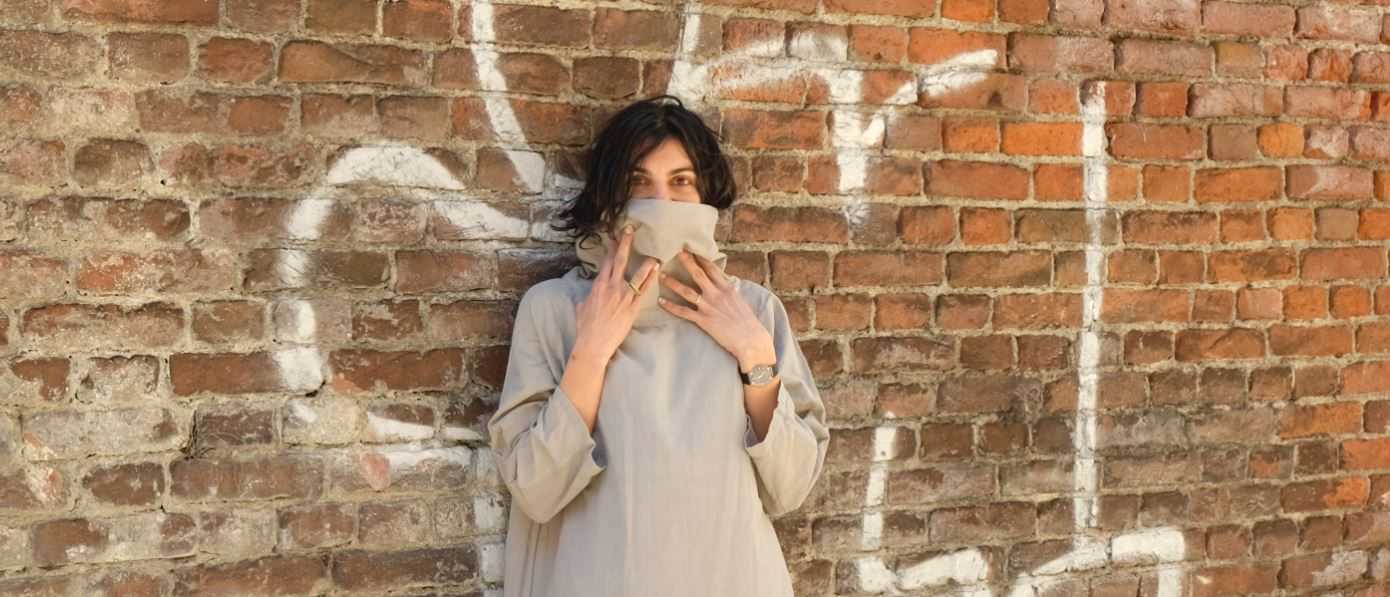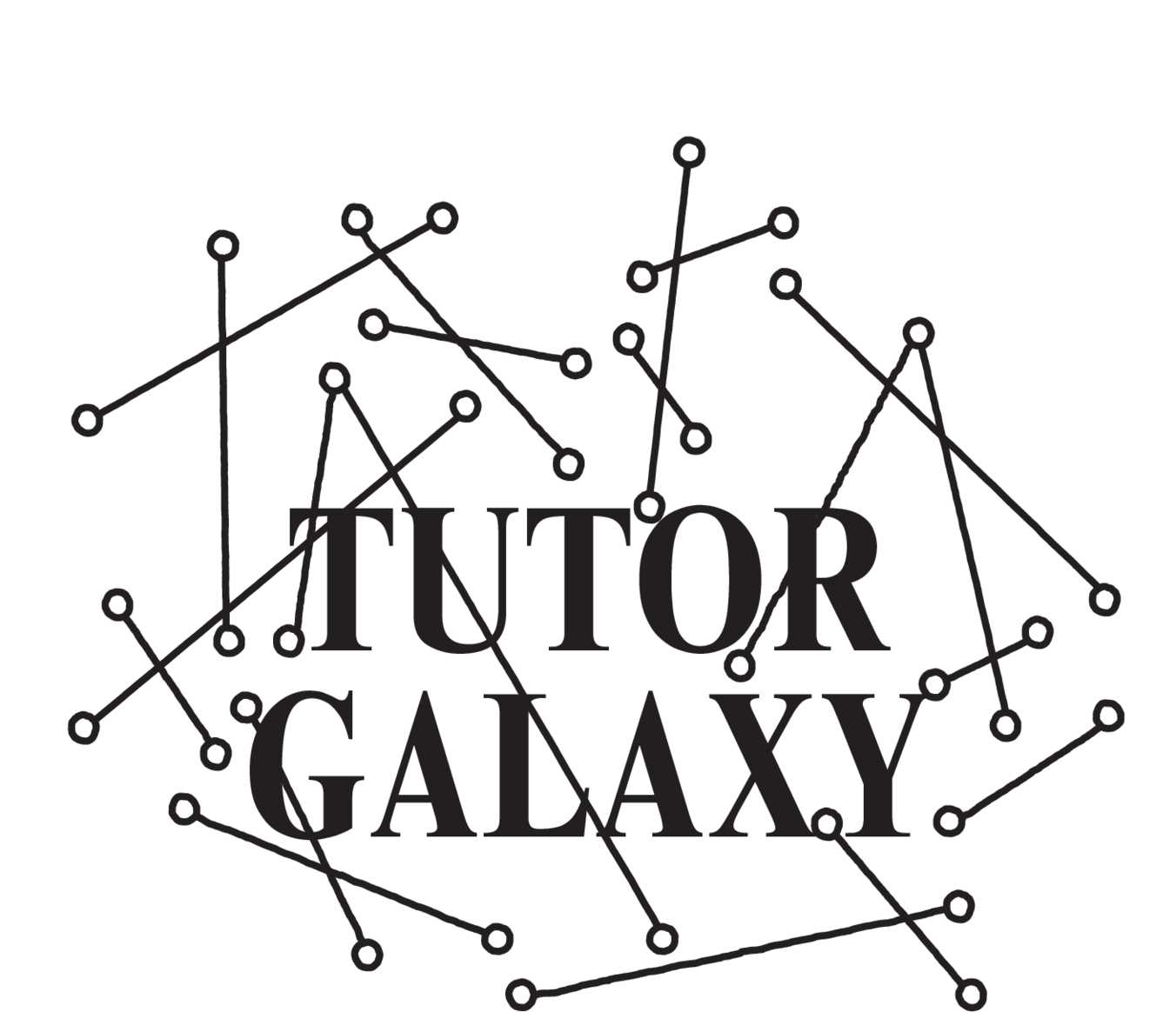Zasha Colah
Zasha Colah practices exhibition-making and art writing. She is co-artistic director at Archive Milano/Berlin/Dakar (Milano, 2021–) and lecturer in the Visual Arts & Curatorial Studies Department, Nuova Accademia di Belle Arti Milan (2018–). She is on the editorial board of Geoarchivi (2021–), a series of books that reopen rebellious archives at different geopolitical latitudes; a collaboration between the department and the publisher Meltemi.
She is a research fellow at 221A (Vancouver, 2021–22), segueing indigenous geographies for a research project titled, The Scorched-Earthly. Her writing on the curatorial has been included in The New Curator (ed. Natasha Hoare et al., Laurence King, 2016), The Curatorial Conundrum (ed. Paul O’Neill et al., MIT Press, 2016). Her doctoral thesis turned around meta-exhibition practices in Indo-Burma since the 80s, under varying forms of dictatorship and authoritarian rule. Her latest essays on this region have been included in Interlaced Journeys: Diaspora and the Contemporary in Southeast Asian Art (eds. Patrick D Flores and Loredana Pazzini-Paracciani, Osage, 2020), Art & Ecology (with Marco Scotini, eds. Ravi Agarwal and Latika Gupta, Marg, 2020) and in 20th Century Indian Art: Modern, Post-Independence, Contemporary (eds. Partha Mitter et al., Thames & Hudson, 2022).
Colah's exhibitions often research acts of individual and collective imagination in art histories submerged by prolonged militarized situations through the prisms of illegality and humour. She co-founded the research collaborative, blackrice (Tuensang, Nagaland, 2007) and the curatorial collaborative and union of artists, Clark House Initiative (Mumbai, 2010–2022). She has worked on simultaneous exhibiting practices at Clark House or in sites occupied by the initiative from 2010–15.
She curated Pedro Gómez-Egaña: Inmeridiem (with Marianne Zamecznik, temporary public art commission for Deichmanske bibliotek, National Public Library, Oslo, 2021–22); Anawana Haloba: How to (re)pair my grandmother’s basket and Muna Mussie: Bologna St. 173 (both with Chiara Figone, Archvie Milano, 2021). She curated the third Pune Biennale, Habit-co-Habit. Artistic Simulations of Some Everyday Spaces (with Luca Cerizza, 2017); and the second Yinchuan Biennale, Starting from the Desert. Ecologies on the Edge (as part of the curatorial team led by Marco Scotini, 2018). She was curator of Indian Modern Art at the CSMVS Museum (Mumbai, 2009–11); and curator of public programs at the National Gallery of Modern Art (Mumbai, 2004–05).
Zasha Colah first came to DAI in Bergamo in April, 2022 as respondent to our Kitchen presentations. She returned to join us, again in Bergamo for COOP SUMMIT 2022. May 23 she joined us during our Confluence on the island of Salina as part of the tutorial team of COOP study group – Publishing Practices: Textauralities, Oralitures, Corpoliteracies.


